This page contains resources, announcements, guest blogs, essays, videos, and other stuff. Come back often!
Dr. Lateef McLeod’s “How Ableism Impacts People Who Use AAC” presentation was first given at the Future of AAC Research Summit on May 14, 2024, in Arlington, Virginia.
Read MoreIf you are a researcher, an AAC user interested in research opportunities, or a person supporting an AAC user interested in these opportunities, learn about how we can best connect you!
Read MoreThis resource includes quick tips written by AAC users on organizing and hosting online meetings with AAC users.
Read MoreBob Williams’s Literacy and AAC presentation was first given at the Future of AAC Research Summit on May 14, 2024, in Arlington, Virginia.
Read MoreCommunicationFIRST held a brainstorming session to begin to identify some of the “good, bad, and ugly” ways technologies can uniquely impact people with speech-related disabilities.
Read MoreCommunicationFIRST publicly recruited a diverse group of AAC users who were willing to be interviewed on camera about their priorities for AAC research.
Read MoreIn a first-of-its-kind event held May 13-14, 2024, people with speech-related disabilities from around the U.S. told senior federal officials and researchers how future research dollars should be prioritized.
Read MoreOn December 19, 2023, CommunicationFIRST asked the US Census Bureau to begin formally counting the estimated 5 million people in the US who need and use augmentative and alternative communication (AAC) tools and supports to be understood. The Census Bureau asked for comment about a proposed new speech-related question on…
Read More
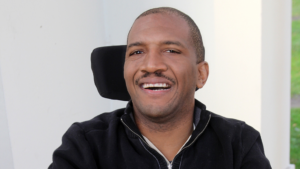
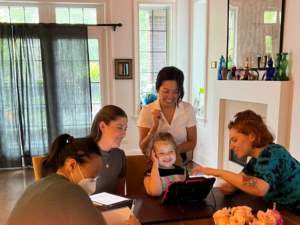
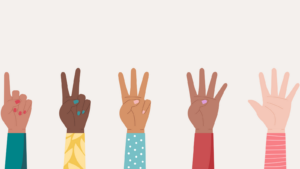
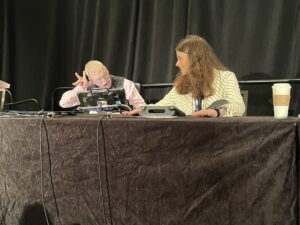
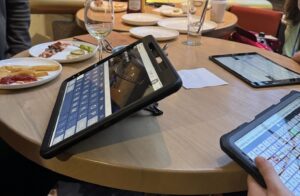
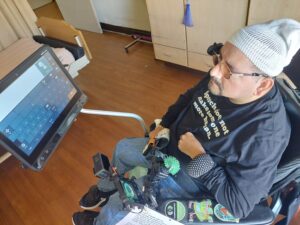


Digital Accessibility for AAC Users is a Civil Rights Issue
Government websites and apps are a central lever for exercising our civic and constitutionally grounded rights and responsibilities of freedom of expression, assembly, grievance, petition, protest, jury duty, and the franchise. As a matter of right and necessity, people who need AAC must be afforded equally effective access to state and local government websites and apps that all others are afforded.
Read More